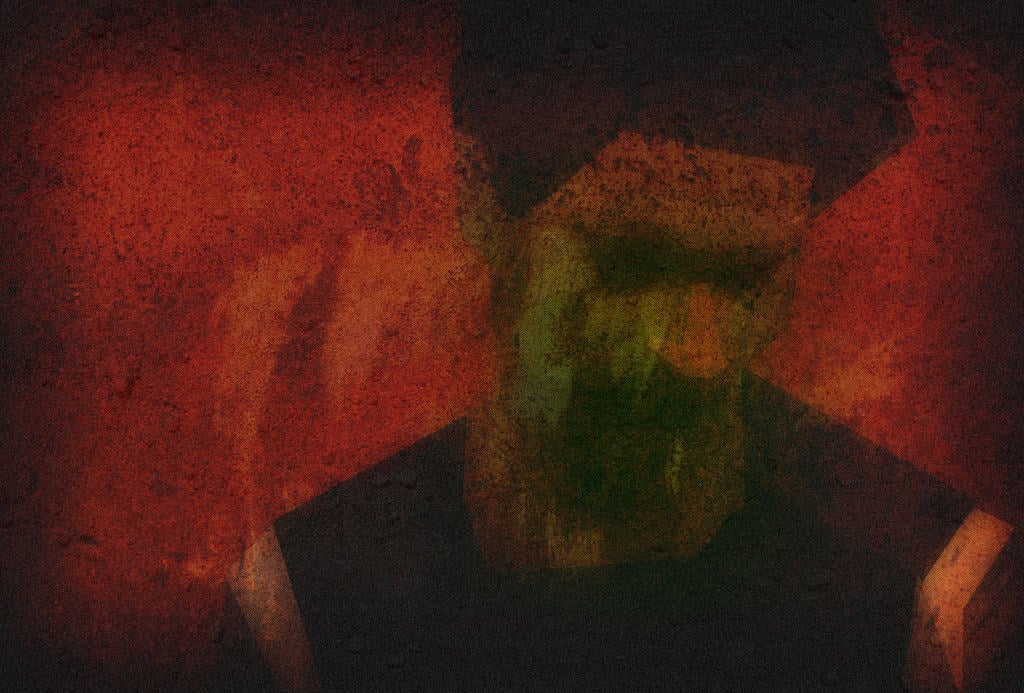WARNING: Children and those with heart conditions should read no further.
Everybody hurts. When I don’t have words to articulate my pain or frustration, I get crude. But crude is probably better than repressed. So I let ‘em rip: Damn it. Damn. Damn. Damn it.
This is my psalm of lament: “God, damn it” (Psalms of Brendan – Book 1, verse 1).
Is it too much? Or is it prayer?
There are too many moments when the depravity of our human family appalls for it not to be. There are too many moments when the pain of inexplicable suffering bursts forth in the only way that it can: anger and frustration. It’s then that the eloquence of my prayer devolves into “God, damn it.”
Cancer? War? Poverty? Cruelty? God? If you’re listening, damn it! Damn this evil. Damn this suffering. Damn it. God, just damn it already.
***
The other day I was watching some videos of the great Old Testament scholar Walter Brueggemann. With a white beard covering his chin and the cadence of a preacher, in the videos he’s discussing lamentation in the Psalms, specifically, how lamentation can be a way of processing our suffering without enacting vengeance. (If you have a few minutes you can find them here, here and here.) Lament, he says, is a healthy and essential form of prayer and peacemaking. In lament we tell our God exactly how we feel, what we want… and we leave it for God to decide how to restore us to justice.
The language of lament is raw. Here’s an example from Psalm 58:
O God, break the teeth in their mouth;
tear out the fangs of these young lions O lord;
let them vanish like water flowing away;
trodden down, let them wither like grass;
let them dissolve like a snail that oozes away,
like an untimely birth that never sees the sun.
Suddenly, like brambles or thistles,
have the whirlwind snatch them away.
Now that’s a lot of anger and pain. And there are others, lots of them. And boy are they dark. Dark enough to make me turn away from them sometimes, or at least approach them with a wary eye.
But Brueggemann argues that there’s a danger to the temptation we feel to distance ourselves from these psalms of lament (which make up fully one-third of the psalter!), and the danger is that we’ll ignore a simple truth: we actually feel this way. Enacting violence is unjustified, but without allowing anger and pain to burst forth around God we can communicate, especially to the young, that such feelings are abnormal, that we shouldn’t feel anger or pain. This is not good.
***
I’m certainly not the first Jesuit to wonder myself into such irreverent territory. It was Sir Anthony Hopkins who, in a famously spontaneous moment on “Inside the Actor’s Studio,” revealed that it was a Jesuit who taught him the shortest prayer there is: “F**k it.” I think there are shorter ones even than this. Lose the ‘it’ and it seems to me that we’ve got ourselves a nice, four-letter prayer can capture our anger and pain pretty well.
These angry prayers are not just for Jesuits. An old nun I used to know would stretch a mischievous smile across her kind and gentle face as she’d proclaim, “There’s only one time when it’s alright to curse – when you’re naming the Devil and telling him to go straight back to hell!” Presuming I don’t end up in hell myself I look forward to seeing her again at the eternal banquet. I know she’ll be at the front door because she’s the only person I’ve ever known who remembered every person by name after meeting them once (apparently she recognized the Devil this way too). She was a good friend to have.
***
The point is this: it’s once we’ve hit the rock bottom of our potty-mouthed prayerbook that we can begin to climb back out again. And we do it by moving from simply letting our anger burst forth to sharing that anger with an Other. That’s when we take that four letter exclamatory prayer and add “it” to the end. It’s then that we’re moving from a release of raw emotion back to targeted exorcism. Two things have happened already, we’ve felt the frustration and identified the cause, and God? Well, include God and we’re finally asking for help, calling in for reinforcements. “Hey God! I’m hurting here. Please help!”
Try it for yourself:
Cancer, you S.O.B., you can go straight to hell!
Poverty and all your soul-sucking friends? You can go right behind the last one!
Addiction, death, despair, hate? God? Oh, I’m glad you’re here. God, damn it! Damn it. Damn it. Damn it.
Some days these are the only prayers I’ve got. On those days, I’m glad to know, as St. Paul assures us, that the Spirit prays in me. Deeper than the depths of my despair, sweeter than the sourness of my soul, the Spirit prays in me. And from my lips – after the doubting and the screaming, and the why’s and the no’s, and the why-have-you-forsaken-me’s and the God-damn-it’s – from my lips comes the softest prayer to be made: “I’m yours.”
I know it’s of the Spirit because it’s the only prayer worth a breath: I’m yours.
My God, I’ve got nothing left here.
I’m all cried out.
My voice is raw and my eyes are sore.
But here I am.
God damn it. Here I am.
I’m all yours.


